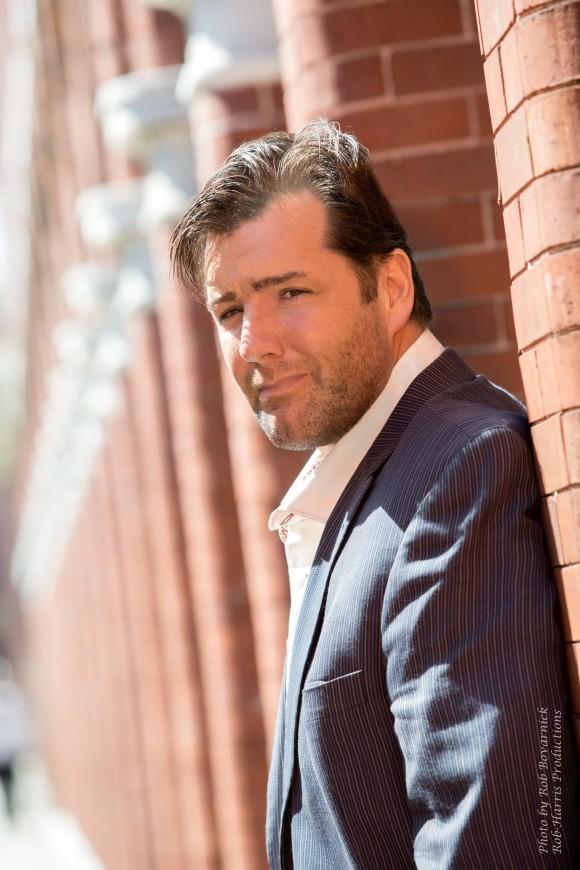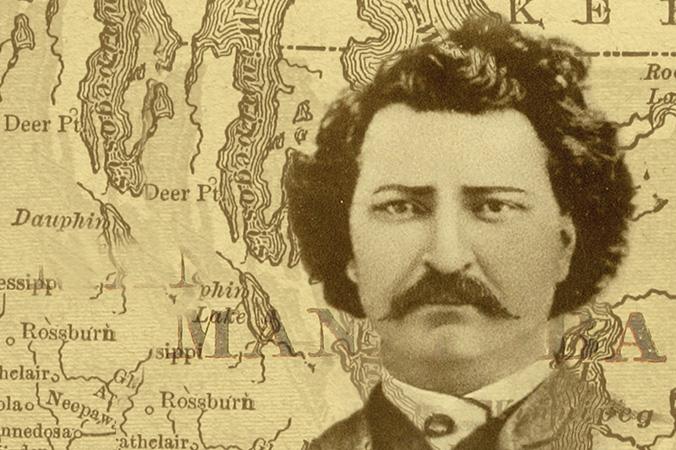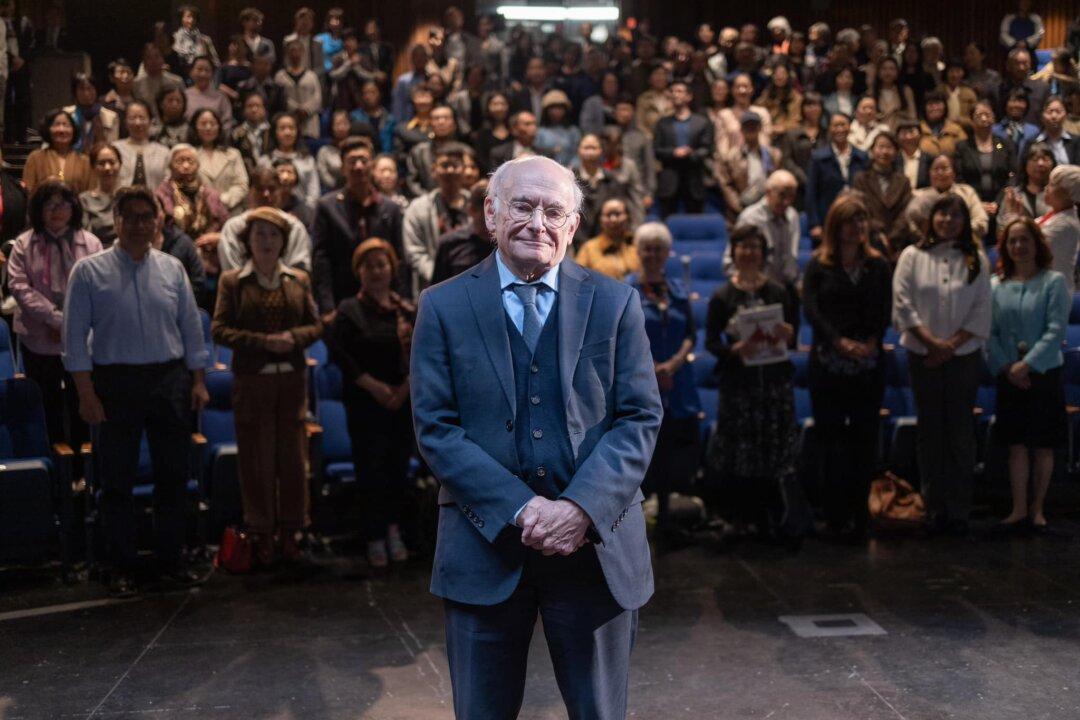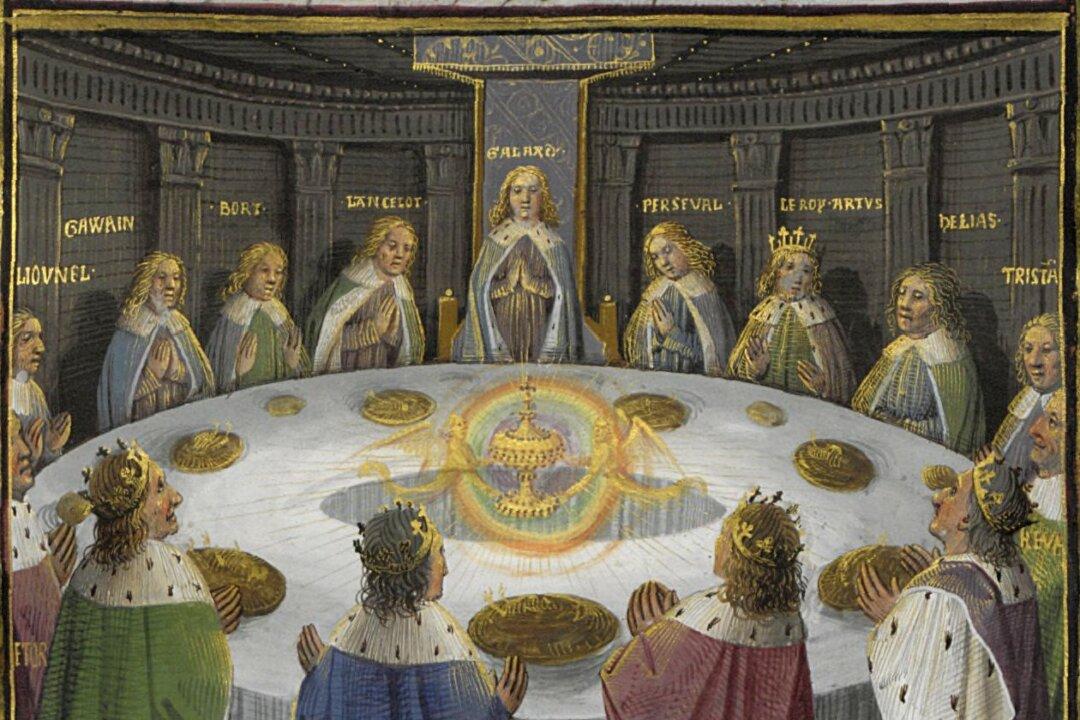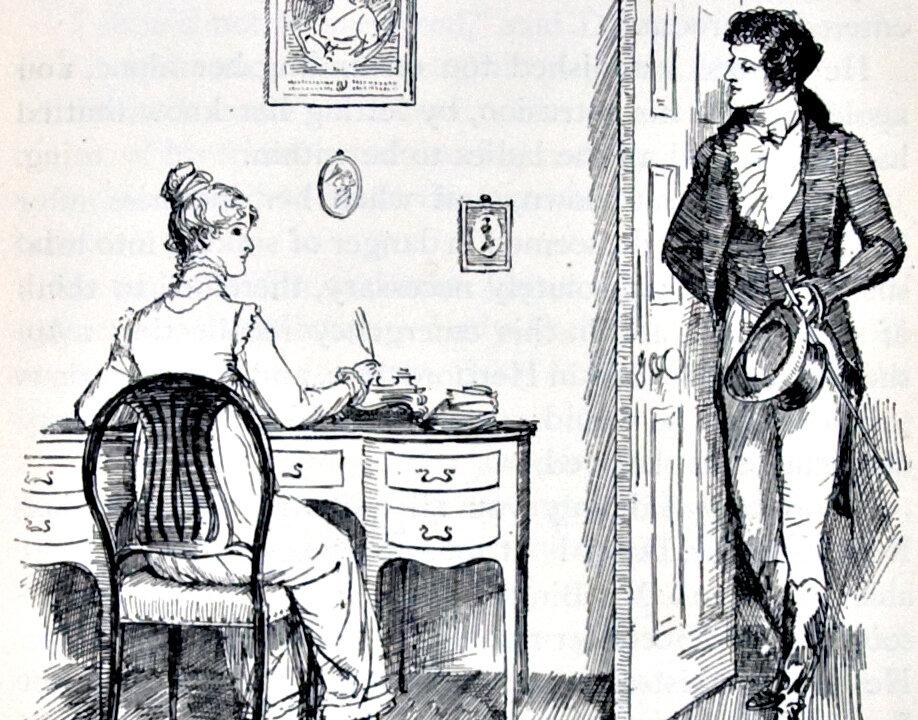TORONTO—As Canada celebrates its 150th birthday this year, Canadians have the opportunity to reflect on their past, re-evaluate the present, and envision the future.
For baritone James Westman, who is singing the role of John A. Macdonald, Canada’s first prime minister in the opera “Louis Riel,” the restaging of the work comes at a fitting time. It was originally composed in 1967 by Harry Somers to mark Canada’s centenary.
“It’s a very contentious and provocative celebratory work of Canada, of Canadian history. I think it’s a wonderful idea and I think it’s so important to do it on the 150th anniversary of Canada,” Westman says.
Co-produced by the Canadian Opera Company and the National Arts Centre, “Louis Riel” brings to stage the story of the 19th-century leader who stood up for the rights of the Métis people as Canada was expanding westward in the 1880s following Confederation.
Westman says the opera carries many profound lessons about the dangers of racism and prejudice.
“It’s something everyone should see—every young person should see it for sure so they don’t forget the history, which we could easily repeat as a naïve society.”
The opera brings to light the unwillingness of the federal government under Macdonald to acknowledge the rights of the indigenous people, in this case the Métis, people of mixed European and indigenous ancestry.
“Canada is a beautiful country with a beautiful past, there’s no doubt. But there are dark elements, and we have to remember them as well, maybe more, so that our future is beautiful, more beautiful,” says Westman.
“You can’t change the past, but you can definitely teach it, and I think that’s what this opera does.”
Westman cites the example of Germany, where young people are taught extensively about the country’s history, such as the Holocaust. “I think that’s important for us. If we don’t analyze our dark past, it will happen again or it will manifest itself somewhere else,” he says.
